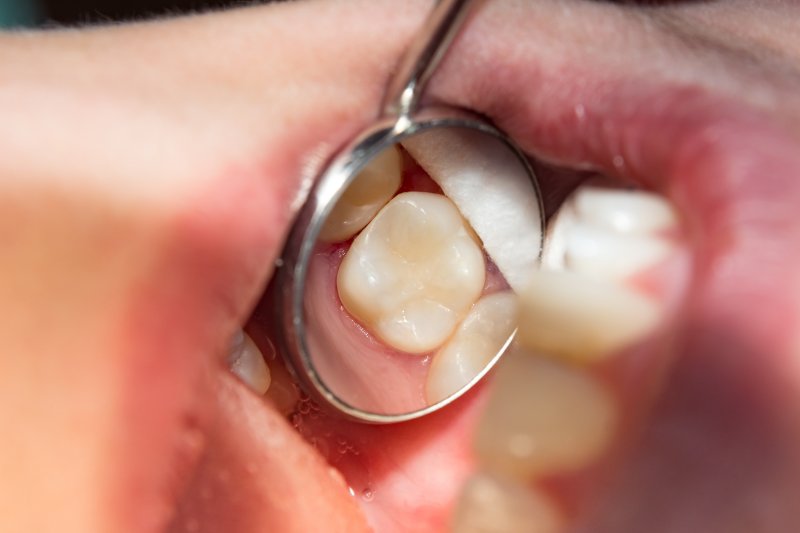
Dentistry is a vast and interesting field with a wide array of treatments capable of supporting patients’ oral health. That’s definitely a good thing for patients, but it can also leave the average person a little disoriented when trying to make decisions about their care.
It may even seem like some dental treatments overlap in what they deal with, which can make it hard to choose between them. Fillings and dental crowns are good examples.
If you want to learn more about what sets these restorative treatments apart from each other, here’s what each of them is used for, and how to pick which one is right for you.
What Are Fillings Used For?
Fillings have the benefit of being incredibly convenient, capable of repairing substantial areas of decay in as little as one appointment. They’re used most often to repair small cavities in otherwise healthy areas of teeth.
The dentist can clean up the decayed tooth and fill the cavity with a neutral substance. Once upon a time silver amalgam was popular, but nowadays, fillings are almost always done with a subtle tooth-colored composite resin.
What Are Dental Crowns Used For?
On the other hand, dental crowns can completely cover a tooth, making them able to deal with a much wider range of issues. If you have crack that runs through your tooth, for example, a dental crown can both protect its sensitive interior and hold the tooth together.
It’s also standard to give someone a dental crown after a root canal, so if you’re recovering from a substantial infection it may be the move for you.
Which One Is Best for Me?
Ultimately, you would have to talk to a dentist to determine which kind of restorative treatment you need. That said, generally fillings are used for mild repairs while dental crowns are used when teeth are in more serious trouble.
Fillings have the benefit of being convenient, while dental crowns need to be milled in a lab. However, dental crowns are less dependent on the integrity of the existing tooth, making them better suited to covering up serious cracks or decay.
No matter which one you choose, one thing is certain—you’ll be feeling better in no time!
About the Author
Dr. Ryan Bygness has been practicing in Denison since 1997, and he still comes to work every day excited to both meet new patients and welcome back old ones. His mastery of his field allows him to treat a wide variety of issues in patients of all ages. Dr. Bygness received his degree from the University of Iowa College of Dentistry and received his orthodontic certificate from the American Orthodontic Society. Since then he received over 400 hours of continuing education, and continues learning to this day!
If you have any questions about restorative care, we can be reached at our website or by phone at (712) 263-3252.

